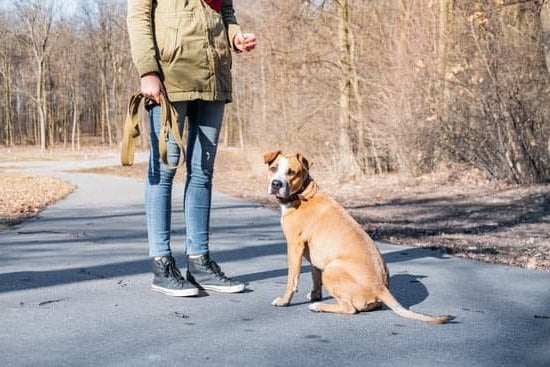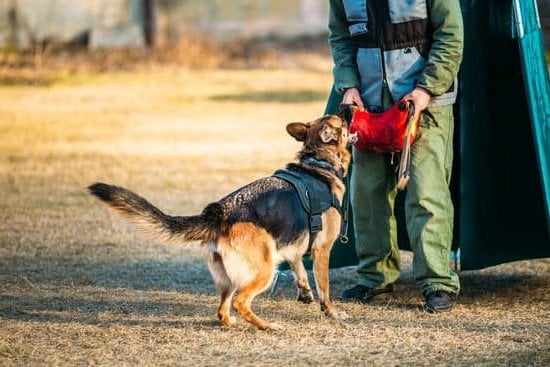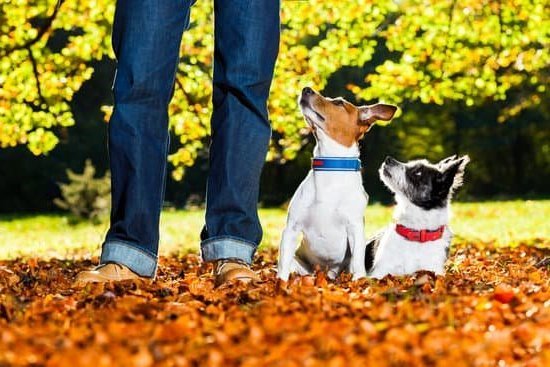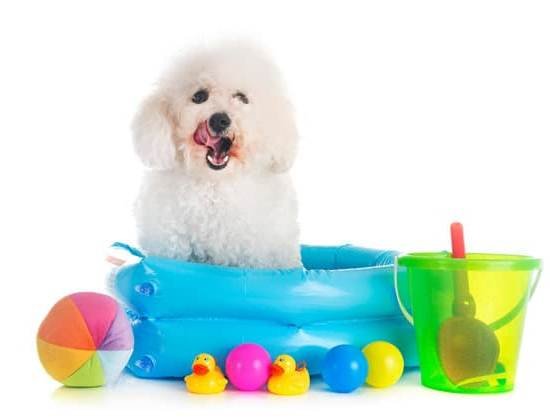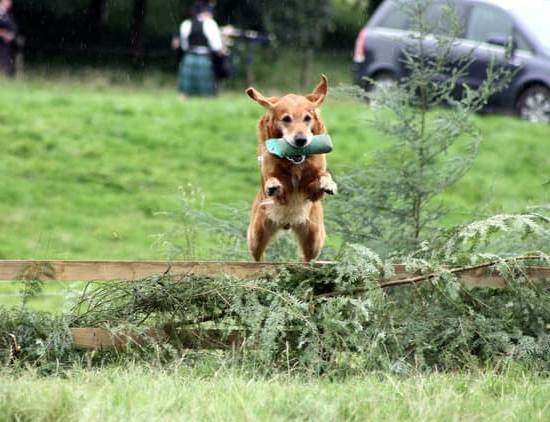Many people enjoy the companionship of a dog, but may not be prepared for the added responsibility of house training. Dogs not house trained can create havoc in a home, from leaving messes on the floor to barking and whining incessantly.
Fortunately, house training a dog is a relatively easy process, provided one is willing to be consistent and patient. The first step is to create a routine for the dog and stick to it. Dogs typically need to go to the bathroom after eating, drinking, playing, or napping. When the dog is taken outside, it should be encouraged to relieve itself by praising it when it does so. If the dog is unsuccessful in relieving itself, it should be brought back inside and placed in a designated “bathroom area” until it is able to go.
House training a dog can be a frustrating process, but it is well worth the effort in the long run. With a little patience and persistence, any dog can be successfully house trained.
How To House Train A Mature Dog
Dogs are creatures of habit and, once they have learned where to eliminate, they will usually continue to use that spot, even when it is not convenient. So, the first step in house training a dog is to identify the spot where he is most likely to eliminate and then put him on a regular potty schedule.
When you first bring your dog home, put him in a small, confined area such as a bathroom or laundry room with a doggie door to the yard. This will allow him to eliminate on his own schedule and make it easier for you to keep an eye on him. If you are not going to be able to watch your dog constantly, put him in a crate or use a doggie gate to keep him confined to a specific area.
Take your dog outside on a regular schedule, preferably after he has eaten and drunk, and always praise him when he eliminates in the correct spot. If he eliminates in the wrong place, do not punish him, but simply clean it up and put him back on his regular potty schedule.
It may take a little time, but with patience and a little bit of training, you will be able to house train your mature dog.
How To House Train A Dog When You Work
All Day
Are you finding that your dog is having accidents all over the house? This can be frustrating, especially when you have to clean it up every time. Thankfully, there are ways to house train your dog even when you’re not home.
The first step is to make sure your dog is getting enough exercise. A tired dog is less likely to have accidents in the house. You should also make sure your dog has plenty of opportunities to go potty outdoors.
When you’re not able to be home, you can use a crate to help train your dog. The crate should be large enough for your dog to stand up, turn around, and lay down in. Put your dog’s food and water inside the crate, and then put the crate in a location where your dog will be able to see and hear you.
When you’re not able to be home, take your dog for a walk or let him outside every few hours. This will help him to potty outside instead of in the house.
If you’re consistent with these methods, your dog will eventually learn to potty outside instead of in the house.
Potty Trained Dog Started Peeing In The House
Again
A potty-trained dog who has been successfully housebroken for months or even years may suddenly start having accidents in the house again. There are several possible reasons why this may happen, and the best way to correct the problem will vary depending on the cause.
One possible reason for a house-trained dog to start having accidents again is that he may be ill. If your dog has been healthy and suddenly starts having accidents, take him to the veterinarian to rule out any medical problems.
Another possible reason for a house-trained dog to start having accidents again is that he may be teething. Dogs typically start teething at around six months of age, and may start having accidents as they try to relieve the pain and discomfort of teething. If your dog is teething, you can give him teething toys or frozen treats to help relieve his discomfort.
A third possible reason for a house-trained dog to start having accidents again is that he may be feeling anxious or stressed. If your dog has been behaving differently lately or seems to be struggling with something, you may want to consult with a behaviorist to see if there is an underlying cause for his anxiety.
If you can’t determine why your dog has started having accidents in the house again, it may be helpful to take him to a professional dog trainer for help. A dog trainer can help you determine the root cause of the problem and can give you advice on how to correct it.
House Trained Dog Peeing In New House
One of the most common questions we are asked by new clients is how to house train their dog. Often, this question is asked by people who have recently moved into a new house and are not sure how to keep their dog from peeing on the floor.
There are a few things you can do to help your dog learn where to pee and poop. The first thing you should do is create a designated potty area for your dog. This can be an outdoor area or an indoor area, as long as it is a designated potty spot. When your dog is ready to go to the bathroom, take him or her to the designated potty area. If your dog goes to the bathroom, praise them and give them a treat. If your dog does not go to the bathroom, take them back to their crate or bed and try again later.
It is important to be consistent with taking your dog to the designated potty area. If you allow your dog to pee or poop anywhere in the house, they will quickly learn that it is okay to go to the bathroom inside. This will make it difficult to house train your dog and can cause them to have accidents in the house.
If you are having trouble house training your dog, please contact us for help. We would be happy to provide you with more tips and advice on how to help your dog learn where to go to the bathroom.

Welcome to the blog! I am a professional dog trainer and have been working with dogs for many years. In this blog, I will be discussing various topics related to dog training, including tips, tricks, and advice. I hope you find this information helpful and informative. Thanks for reading!

